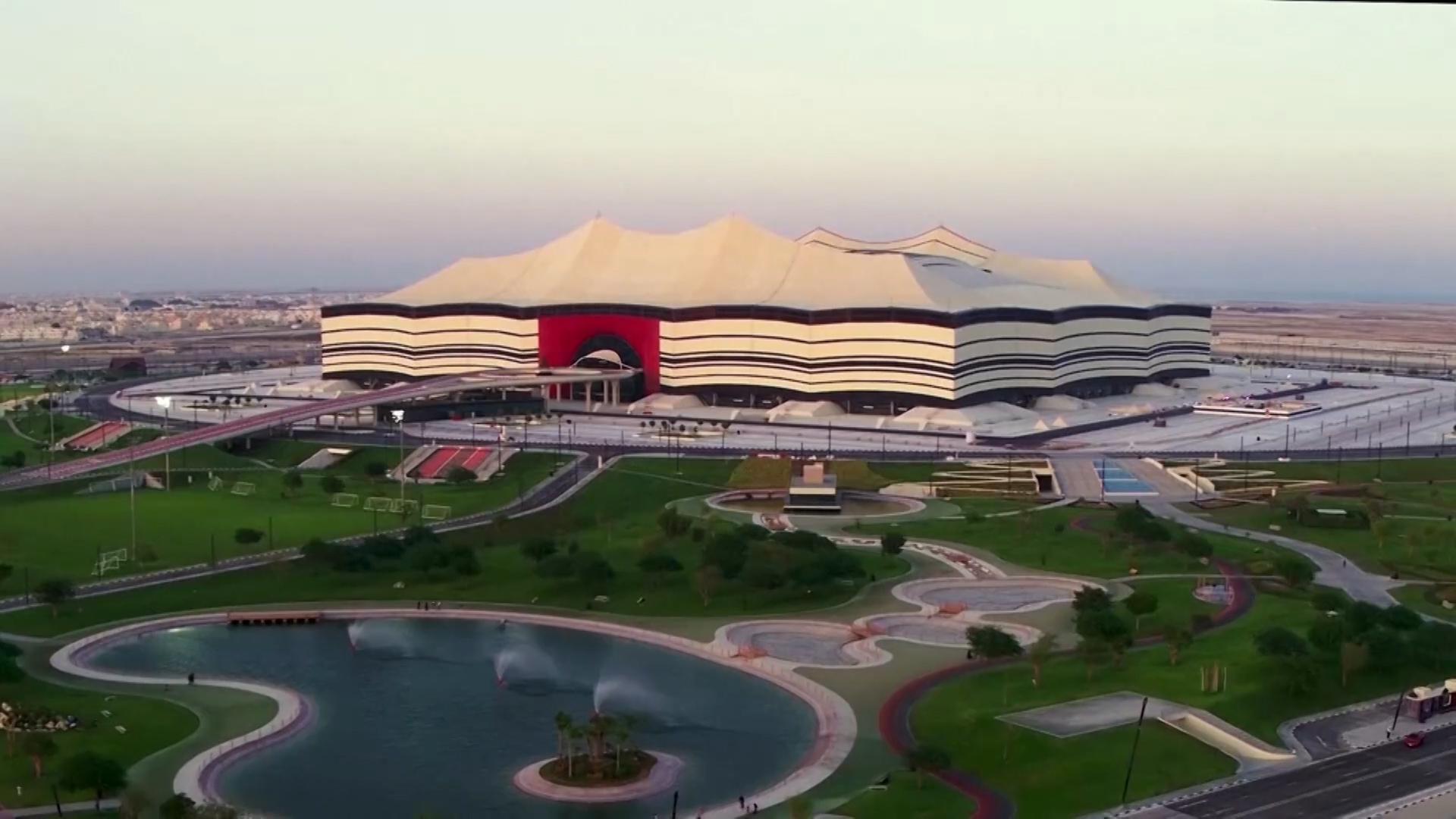At a time when attention is focused on the latest preparations related to Qatar's hosting of the 2022 World Cup, the data reveal that the Qatari economy will achieve economic gains before and after this global sporting event, which is organized for the first time in the Middle East.
Qatar will enjoy many major economic gains during and after the World Cup, which will be held from November 20 to December 18.
Here are the most important numbers, data and economic gains that Qatar will achieve from the World Cup:
Qatar has spent $220 billion on infrastructure projects in the 11 years since it won hosting this tournament, according to government data.
This is the highest number ever in the history of the World Cup, setting Qatar a record.
The cost of constructing the stadiums for this World Cup, according to official figures, was about $7 billion.
The Qatari government expects that this tournament will witness an influx of between one million and 200 thousand and one million and 700 thousand fans in Qatar.
It is expected that the revenues of the Qatari tourism sector alone from this tournament will reach 7 and a half billion dollars, according to what was confirmed by Doha, and according to the forecasts of the British economic research company, Capital Economics.
The government expects that tourism spending and economic activities accompanying this World Cup will add 1.5% to the value of the country's GDP.
The International Monetary Fund and Bloomberg Agency say that the Qatari economy will reap financial returns from the organization of the World Cup, estimated at tens of billions of dollars, including a jump in foreign direct investment in Qatar before and after that world championship.
The International Monetary Fund expects economic growth in Qatar to reach 4.4%;
Supported and driven by many basic economic factors, including the country's hosting of the World Cup.
These figures and expectations from international economic institutions prompted the Qatari government to aspire to the country becoming a regional business center, and even to increase the number of tourists to reach three times the current level, to reach 6 million tourists annually by 2030.
Qatar built 8 stadiums according to the latest international specifications to host the World Cup matches: Al Bayt (hosts the opening of the World Cup), Khalifa International, Lusail (hosts the final), Al Janoub, Education City, Ahmed Bin Ali, Al Thumama, and 974.

